Emergency Medical Services (EMS)
We seek to promote the health and integrity of the EMS system throughout Rhode Island and in surrounding communities.
Emergency Medical Services (EMS)
We seek to promote the health and integrity of the EMS system throughout Rhode Island and in surrounding communities.
Mission
The mission of the Division of Emergency Medical Services is to provide exceptional EMS care, education, research, and service to the people of Rhode Island and beyond.
We seek to promote the health and integrity of the EMS system throughout Rhode Island and in surrounding communities.
Congratulations to our 2025 EMS Fellowship Graduates!
About
The Division of EMS is one of several Divisions within the Department of Emergency Medicine at Brown.
Members of the EMS division:
- Direct the EMS Fellowship
- Fellowships
- EMS Fellowship
- EMS Brochure
- EMS Blog
- Rhode Island Disaster Initiative
- Disaster Medicine Assistance Team (DMAT)
- RI DMAT INC
- Teach EMS to residents and several local PA Schools
- Preclinical elective and clinical
- Provide Medical Direction for LifePACT and many other EMS agencies
- LifePACT
- Provide EMS medical direction to over 20 agencies across Rhode Island
- Program letters of agreement
- Teach EMS students
- Medical direction to EMS training
- EMS students of all levels in the ED
- Provide Medical Direction for the RI Department of Health Center for EMS
- Care for patients in a variety of EMS environments
- Research EMS topics and produce academic contributions related to EMS
- Serve state, regional, national and international EMS committees and organizations.
For more information, please explore our web site or contact us:
Wendy Wesley, EMS Coordinator
(401) 444-2739
55 Claverick St., First Floor
Providence, RI 02903
Faculty/Staff
Division Director
-

Kenneth Williams, MD
Director, Division of Emergency Medical Services; Medical Director, LifePACT Critical Care Transport Team, Professor, Emergency Medicine, Clinician Educator
-
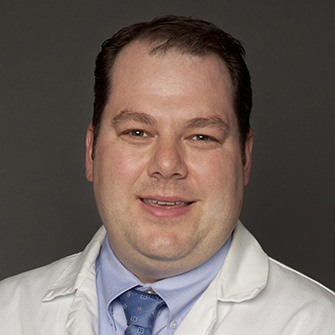
Nicholas Asselin, DO, MS
Director, Emergency Medical Services Fellowship, Director, Brown University Health Community Paramedicine, Director, Senior Research EMS Education, Associate Professor, Emergency Medicine, Clinician Educator -
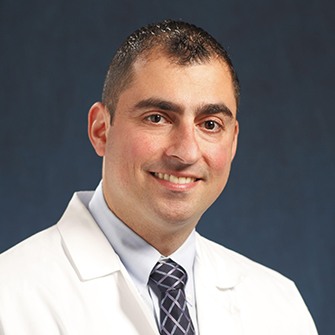
Joseph Lauro, MD
EMS Medical Director, TMHED & NPTED, Clinical Associate Professor, Emergency Medicine -
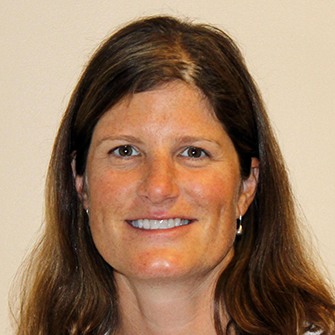
Kristina McAteer, MD
Director, Brown EM Blog, Associate Professor, Emergency Medicine, Clinician Educator -
Heather Rybasack-Smith, MD, MPH
Associate Professor, Emergency Medicine, Clinician Educator -
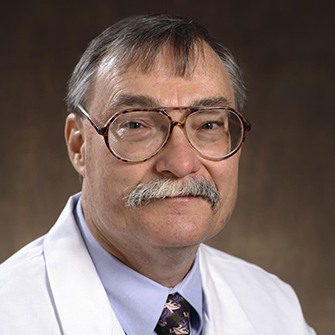
Francis Sullivan, MD
Clinical Associate Professor, Emergency Medicine -
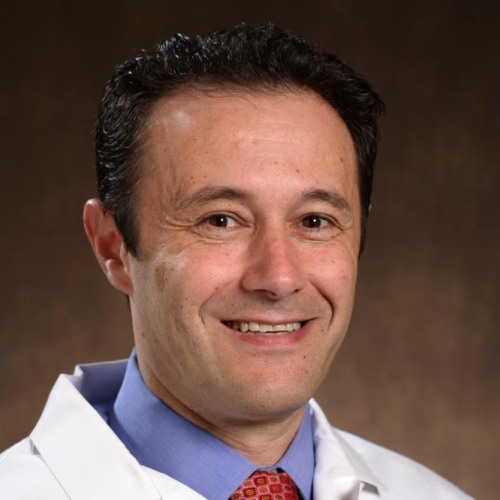
Selim Suner, MD, MS
Director, Division of EM Disaster Preparedness; Director, Brown Advanced Emergency Medicine Academies (BAEMA), Professor, Emergency Medicine, Surgery & Engineering, Teaching Scholar -
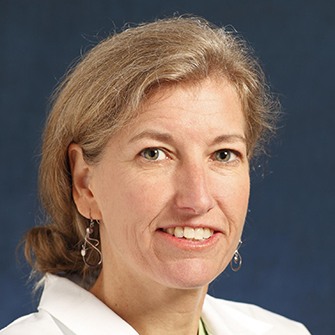
Elizabeth Sutton, MD
Associate Professor, Emergency Medicine & Medical Science, Clinician Educator
Staff
-
Wilson Pedro, NREMPT
Operations Coordinator, LifePACT Critical Transport Team and Medical Communications Center, Rhode Island & Hasbro Children's Hospital -
Patricia Carreiro, BSN, RN
Clinical Manager, Rhode Island Express Care and Medical Communications Center, Rhode Island & Hasbro Children's Hospital
Faculty Publications
Education
Fellowships
The Division of Emergency Medicine offers multiple fellowship options:
- ACGME-approved 1 year EMS Fellowship
- 2-year combined ACGME EMS Fellowship and Disaster Fellowship (with an MPH through Brown optional)
- 1 year EMS Fellowship through the Brown Academies in EMS (typically for international applicants)
Resident Education
Brown EM residents enjoy two EMS rotation experiences and a number of other EMS options.
PGY1 residents orient to Rhode Island EMS during their first month of residency with a one-week introductory schedule that includes tours of Rhode Island's 911 Center, the Providence Emergency Management Agency, and USCG Station Castle Hill in Newport, RI. Didactic and practical sessions provide training in medical control of EMS providers. Ambulance ride-along experiences with a number of 911 EMS agencies and the LifePACT critical care transport service provide field and EMS communications experience. ICS and HAZMAT awareness training, including hospital-level decon experience, round out the week.
PGY3 residents rotate in EMS for two weeks, with LifePACT transport physician coverage, tours of the RI Department of Health, 911 EMS agency ride-along, a focused EMS research and teaching project, and discussion sessions scheduled during the rotation.
Starting with the PGY2 year, Brown EM residents are able to provide LifePACT critical care transport physician coverage as a paid-on-call (moonlighting) experience. During these shifts they are supervised indirectly by EMS faculty and directly care for critically ill or injured patients during transport.
EMS Electives are popular during residency, and have included extensive 911 ride-along experience, helicopter EMS ride-along, EMS training, research, wilderness EMS, and international EMS projects.
Students
Students from The Warren Alpert Medical School, PA programs, Paramedic programs, pre-med programs and others participate in EMS activities offered by the Division, including:
- Mentoring
- Research and Independent Study Project supervision
- Training
- Rotation experiences
- Electives
Conferences
The Division organizes and sponsors the annual New England EMS Leadership Conference in late November, in cooperation with the New England Council for EMS, bringing together administrative and clinical leadership attendees from EMS programs throughout the area. EMS Fellows from area programs are strongly encouraged to attend and enjoy the networking opportunities.
Research
The EMS Division has been involved in a wide range of academic and research projects, from WMD / Disaster response during the RIDI Project to EMS ability to screen/triage intoxicated patients and proposing a definition for saving a life in the EMS environment and Community Paramedicine.
Rhode Island Disaster Initiative (RIDI)
Improving Disaster Medicine Through Research
- Disaster Response
- Disaster Preparation
- Responder Operations
The Rhode Island Disaster Initiative (RIDI) was a multi-year Emergency Medical Services (EMS) and Emergency Department (ED) disaster response research project spanning 1999-2007. This web archive documents the RIDI Project and resources, including the October 2004 inception of Lifeguard EMS, the Critical Care Transport program at Rhode Island Hospital/Hasbro Children's Hospital, now (after merging with the pediatric transport program) called LifePACT.
RIDI's aim was to identify, develop, and demonstrate best practices in disaster medical response.
RIDI was coordinated by the Department of Emergency Medicine at Brown, involving EMS, Disaster, and Simulation Center faculty alongside multiple partners. Congressional funding enabled the RIDI Project.
Phase I
Senators Jack Reed and Lincoln Chaffee, as well as Representatives Patrick Kennedy and Jim Langevin, helped obtain congressional funding to establish and complete the RIDI project. The initial RIDI funds were administered by the Department of Health and Human Services, Office of Emergency Preparedness (DHHS-OEP) as the grant agency. DHHS-OEP contracted with the Chemical Biological Information Analysis Center (CBIAC) to coordinate and accomplish the RIDI Project. As a RIDI partner providing program management and oversight, the Battelle Memorial Institute administered the CBIAC through federal contract. RIDI Phase I was funded at $900,000. These funds were used to establish the organization and perform a statewide hazard, vulnerability and risk analysis, to collate current research in disaster management, to reach out to cross-disciplinary experts and begin the definition work for research carried out in Phase II.
Phase II
The second phase of RIDI also received unanimous support from the Rhode Island delegation, with funding at $1.499 million. Phase II backing flowed through the Department of Defense to the Navy and the Office of Naval Research (ONR). ONR contracted with CBIAC in a manner similar to Phase I to carry out Phase II of the RIDI project. The CBIAC contracted with Rhode Island Hospital's Research Administration Office for Phase II. University Emergency Medicine Foundation (UEMF) physicians continued to run the project.
Phase III
The Rhode Island delegation unanimously supported funding for Phase III at $2 million per year, with two years of funding to total $4 million. Due to fiscal constraints after the 2001 9/11 terror attacks, Congressional funding was limited to $1.2 million for the remainder of the project. Phase III funding was used to disseminate best practices and research findings through a demonstration project, including design and assembly of a specialized response vehicle (Lifeguard EMS), and conferences for first responders and first receivers.